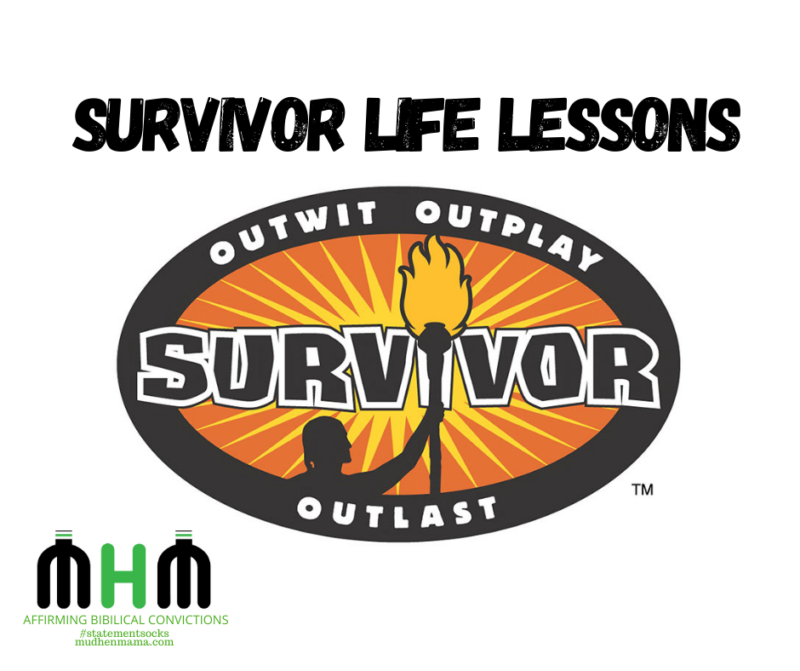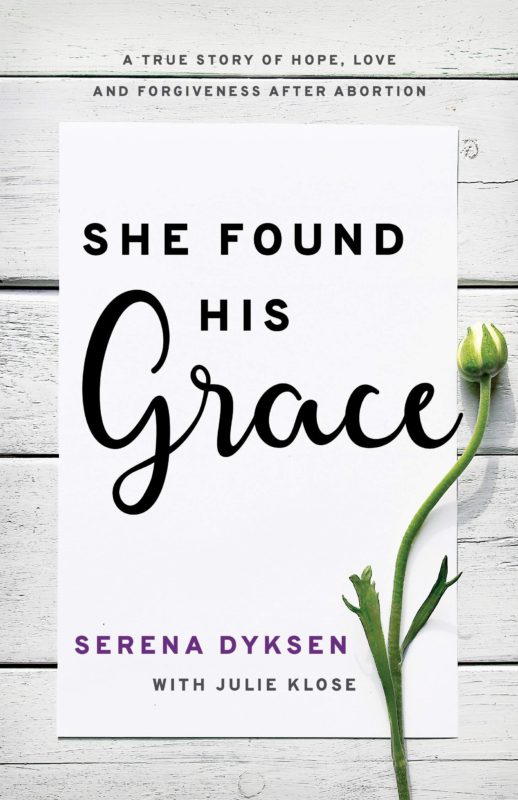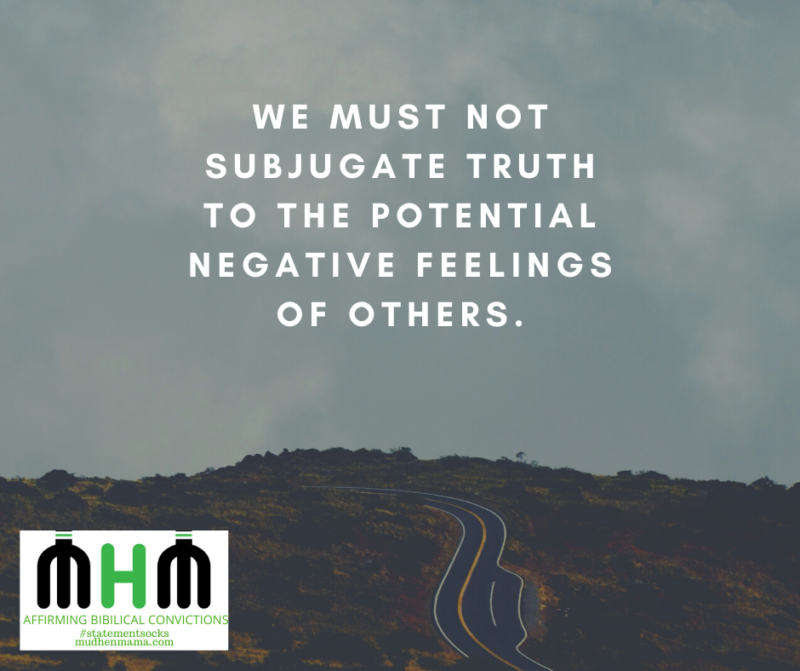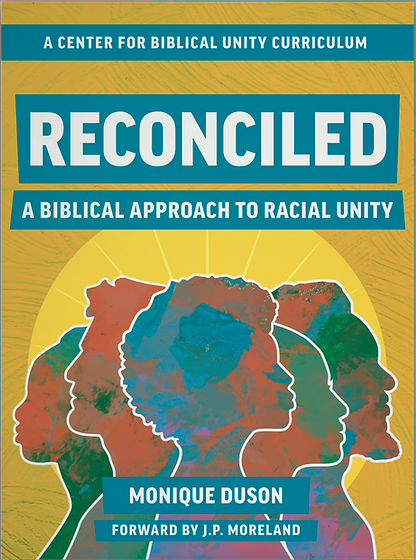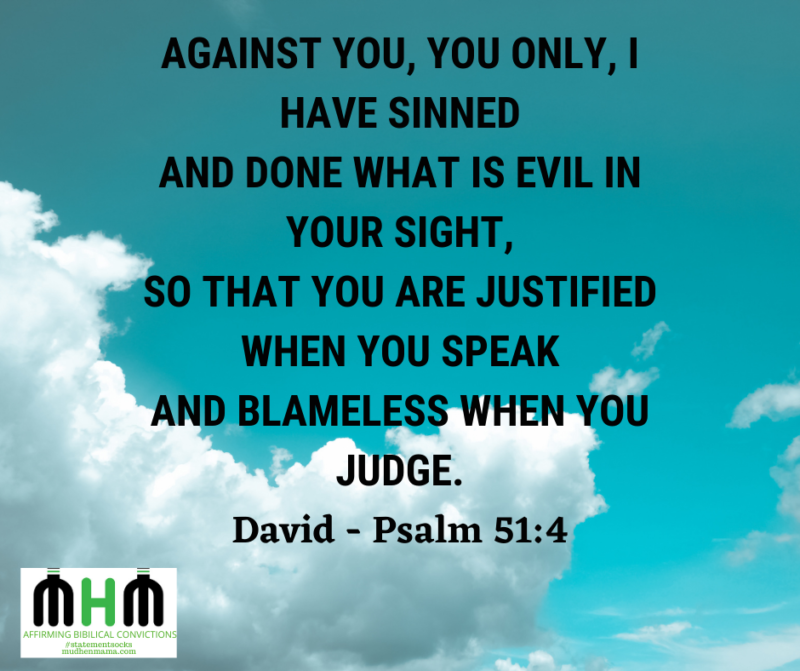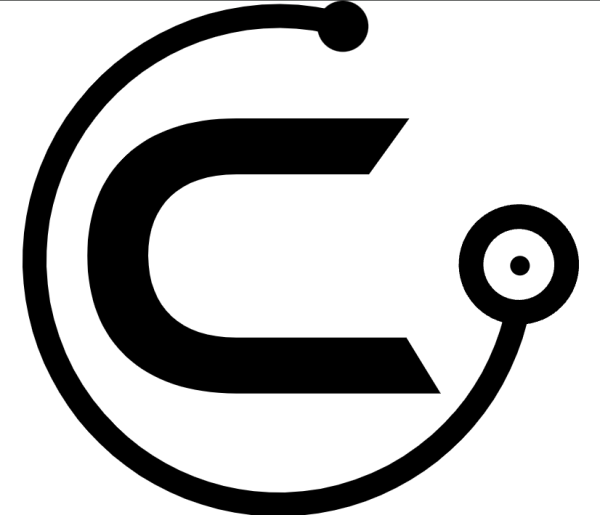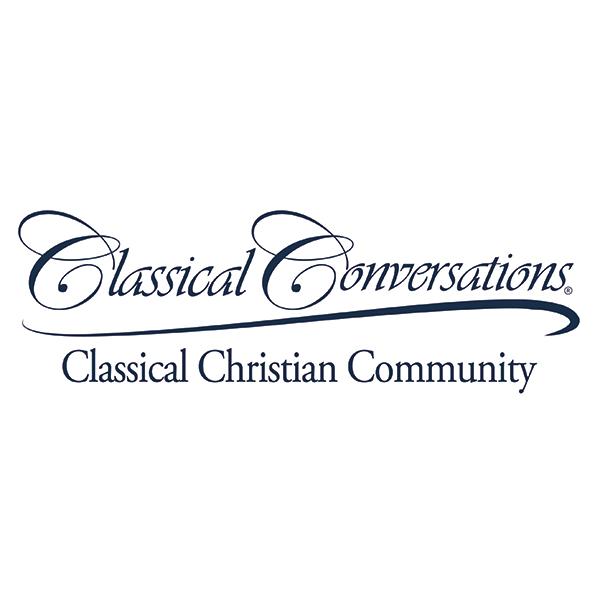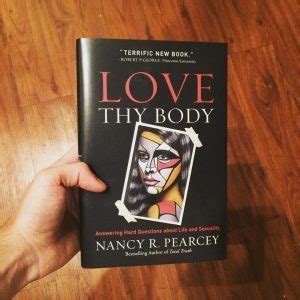
I’ve already touched on the book by Nancy Pearcey, “Love Thy Body,” but I wanted to do a more thorough review of the book. To put it in a nutshell, it’s a must-read and is an excellent, sobering book.
Worldview – what do you mean by that?
Worldviews are something we are all familiar with. It’s essentially how we perceive the world we live in. There are two that we can have – either a Biblical or a secular worldview. A Biblical worldview is one that embraces the entire, whole person who is created in the image of God. The secular worldview “has created a fractured, fragmented view of the human being, in which the body is treated as separate from the authentic self,” (page 14). And this is the root of all of the confusion in our culture today: the separation or fracturing of human beings. The LORD never intended this kind of separation.
Because of the separation that postmodern/secular thinking has created, the pandora’s box of previously unmentionables has been opened. These include abortion, homosexuality, transgenderism, and euthanasia, to name a few. They are now interwoven into our everyday lives. What was once considered taboo is now not only accepted but is openly celebrated. And if someone rejects this ideology, they are considered at best unloving and at worst, horrible bigots.
Abortion
Nancy Pearcey speaks to a number of these issues that we currently face. One of the first ones in the book that she talks about is abortion. She explains how it has been accepted based on the secular philosophy of our day. She explains, “Personhood theory thus presumes a very low view of the human body, which ultimately dehumanizes all of us,” (page 20). Personhood theory comes from the thought that the body is separated from the person. Therefore if you kill the body, it’s not immoral or wrong. This is under the assumption that the body is not deemed to be a “person” with moral and legal standing. And thus, this is how abortion has been positioned and encouraged to be accepted.
Obviously, this ideology has profound ramifications. Who gets to assess whether a body is a person? What about someone who is unconscious? What about someone who has mental disabilities? At what age is a body not considered a person, either at the beginning of life (in the womb) or at the end? “Ultimately, someone will have to draw the line defining who qualifies as a person. But without objective criteria, the concept will be defined by raw power,” (page 59).
Women’s rights
I loved how Pearcey clarified the role of the church with respect to women’s rights. Women were not valued nearly as much as men in the ancient world. However, “the Christian church stood out for its high view of women,” (page 70). Christianity has never been “traditional.” Christianity has always been counter-cultural, standing in the gap for the most marginalized and oppressed.
People with special needs
With respect to those with special needs, my eyes were opened to the many deceptions that are in popular movies to normalize the wicked practice of euthanasia. “Most people do not realize that the disability rights movement is almost unified in opposing assisted suicide – precisely because disabled people know they are the prime targets of the death movement,” (page 111).
Pearcey also wrote about the movie, “Me before you.” This movie is about a young man who commits assisted suicide. A young woman with a similar spinal injury is quoted by Pearcey in an article the girl wrote titled, “Dear Hollywood, Why do you want me dead?” – great question, wouldn’t you agree? In reality Hollywood speaks out of both sides of their mouth. One minute, they are celebrating the accomplishments of those that have a disability, and the next minute, they firmly believe a woman has a right to abort her child, specifically if that child is determined to have a disability.
Hook-up culture
Pearcey even touched on hook-up culture and offered incredible insight into one of the obvious problems we face – lack of chastity. “The real rebellion in our day is to practice chastity. That requires genuine courage,” (page 124). The reality that our children are expected or assumed to have sex before they are married is an unspoken, but very real part of our culture. Public schools specifically embrace this way of thinking. Just try suggesting an abstinence program at a high school. It would be laughed off as out of touch and old-fashioned.
What is heartbreaking is that people, especially women, are affected tremendously by this kind of mentality. Instead of having sexual freedom, many women end up broken and depressed. A philosophy professor, Anne Maloney, notes: “It is no coincidence that the top two prescribed drugs at our state university’s health center are anti-depressants and the birth-control pill,” (page 129).
Homosexuality
As for homosexual inclinations, Pearcey had insightful perspectives based again on the fragmenting of human beings. The current secular narrative is: “The assumption is that the body gives no clue to our identity, it gives no guidance to what our sexual choices should be; it is irrelevant and insignificant.” She then keenly states, “This is a profoundly disrespectful view of the human body,” (page 30). Essentially the body has little to no purpose or value according to secular thinking. However, just because the desires we have can feel innate, that doesn’t mean we must act on them. “Sam Allberry, a Christian pastor who is same-sex attracted and celibate, states it well: “Desires for things God has forbidden are a reflection of how sin has distorted me, not how God has made me”” (page 173).
Transgenderism
With respect to transgenderism, Pearcey continues to make clear and solid arguments contradicting the cultural norms. “Nuriddeen Knight, a black woman writing for the Witherspoon Institute… asks: Why won’t we “encourage people to love the body they’re in? We tell women to love their curves and love their age and love the skin they’re in, but we won’t tell them (and men) to love the sex of their bodies?”” (pages 199-200). Indeed. The deception of allowing our feelings to dictate what are obvious biological facts has blinded many into accepting transgenderism and by implication, they devalue the bodies they are born in.
What’s worse is that if we speak against transgenderism, most if not all voices are canceled. “Why is it considered acceptable to carve up a person’s body to match their inner sense of self but bigoted to help them change their sense of self to match their body? Feelings can change. But the body is an observable fact that does not change. It makes sense to treat it as a reliable marker of gender identity,” (page 223).
Who do we follow?
Following the cultural secular narrative clearly has devastating implications. However, “the biblical view leads to a wholistic integration of personality,” (page 30). A biblical worldview is one that puts an extremely high value on both the body and the person: “Respect for the person is inseparable from respect for the body,” (page 34). “The Christian ethic rejects dualism and recognizes our dignity as embodied beings,” (page 56). Who doesn’t want that?
Nancy Pearcey provides incredible insights into the current culture we live in. She elucidates what truly fits the objective and observable world. I encourage everyone, especially Believers in Christ, to run and get this book. She brings clarity and understanding into a culturally confused and broken world.

